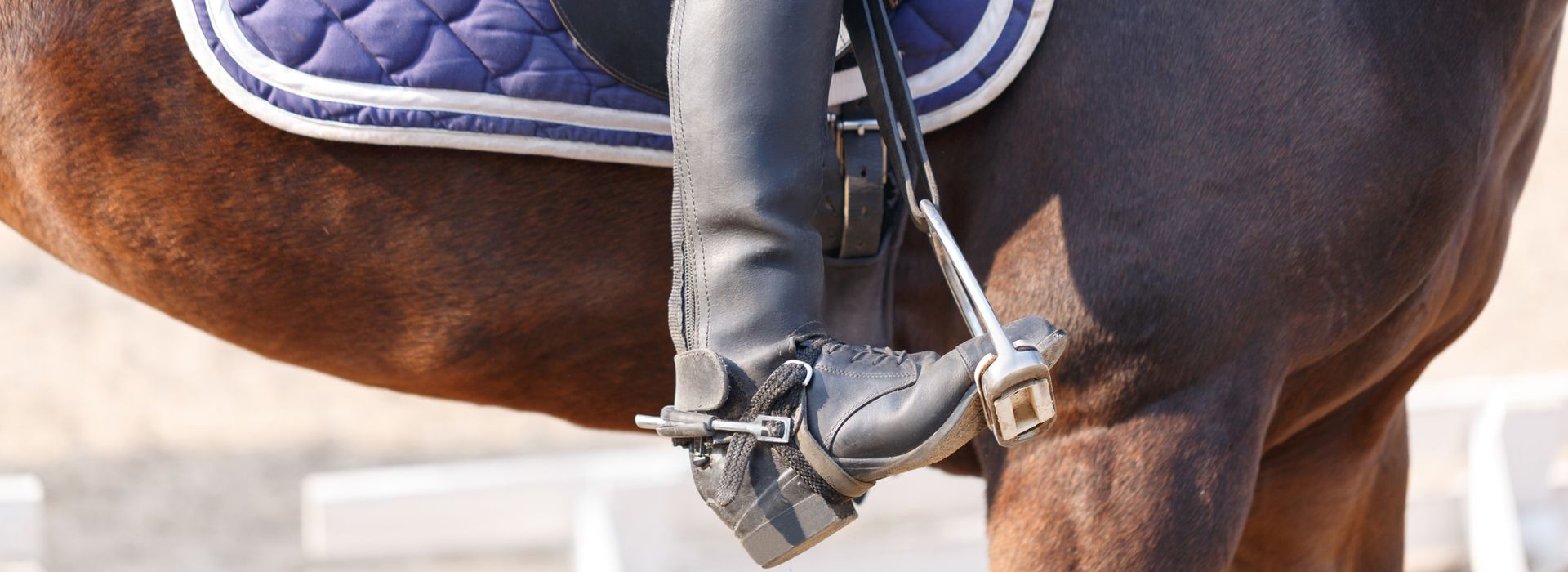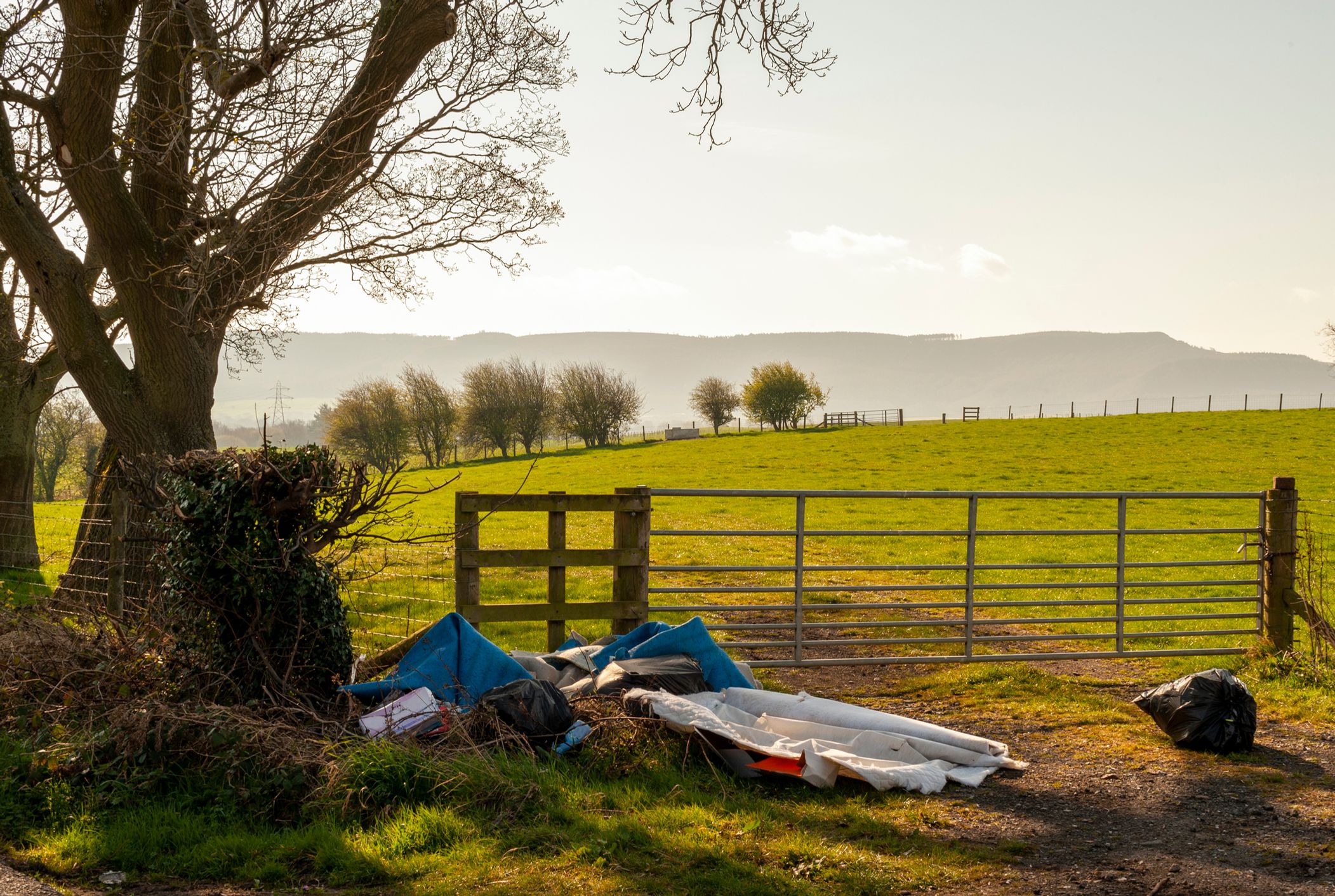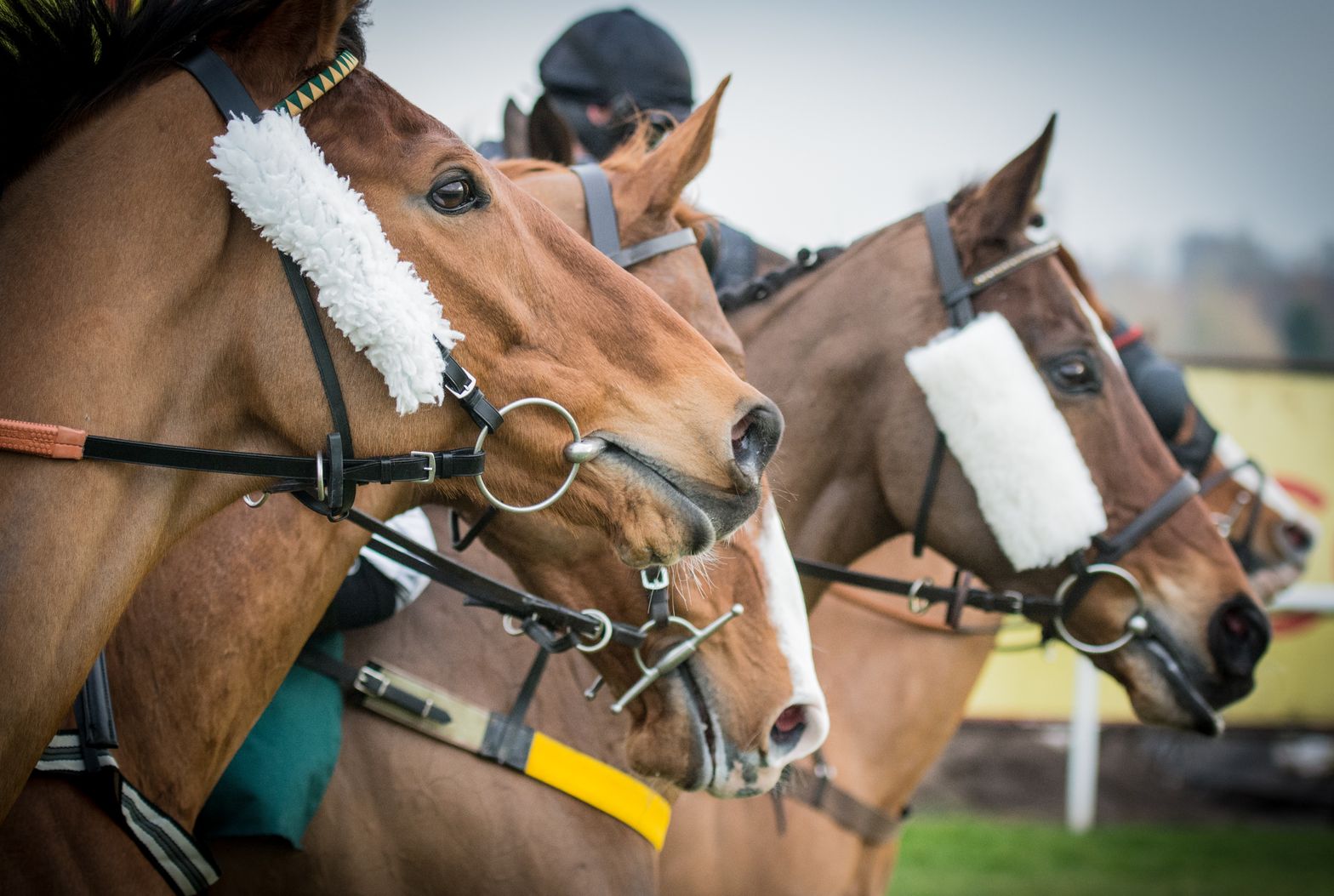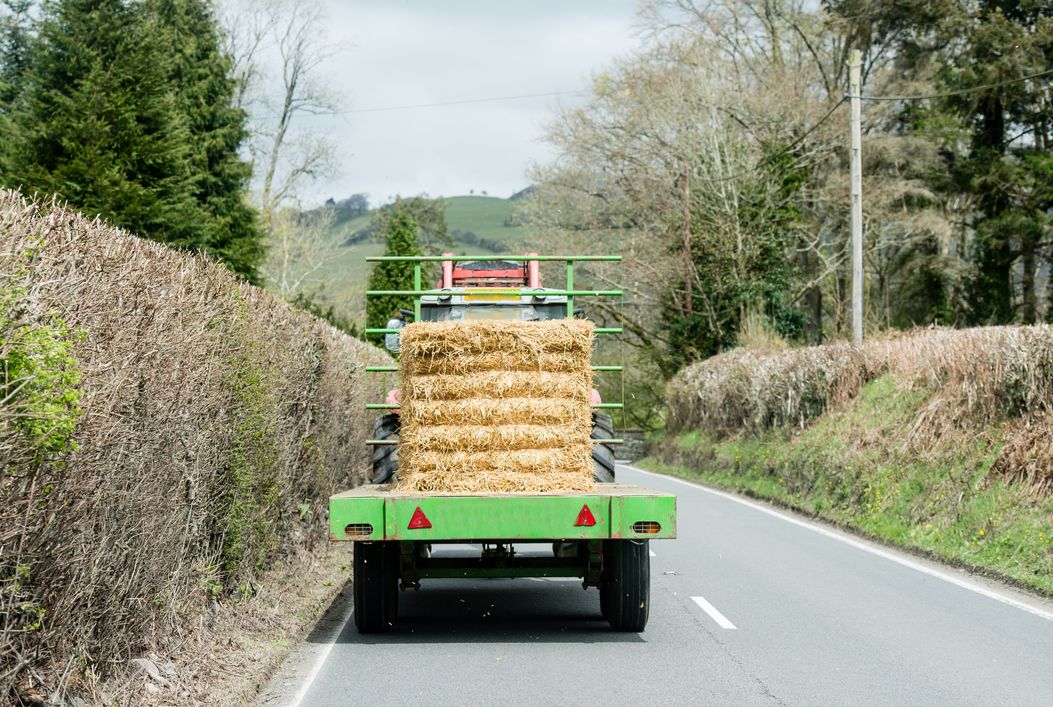Reviewing your insurance policy may not be the most exciting job on your to do list but it’s a worthwhile one. Failure to spot any out of date information or oversights within your policy could jeopardise your cover when it comes to making a claim, or worse, invalidate it completely. Here, we highlight 8 common mistakes that can arise, to help you ensure you’re properly protected.
- Non-disclosure of Information
It can be tempting to whizz through arranging your insurance as quickly as possible, but it is important that you declare any illnesses or injuries your horse(s) have previously had to ensure that they are adequately covered. Failure to disclose such information could leave you with an uncovered claim in the future so be thorough and transparent throughout the process so that your broker can provide you with the most suitable cover, tailored to your specific requirements.
- Insuring post-purchase
It can be useful to inform your insurance company of your intended purchase before you even arrange the vetting of your potential new steed.
It is a common issue that a horse is vetted and purchased before the new owner has checked it is fully insurable. Your insurance adviser will be able to tell you if a vetting is required and, once this has been completed, sending the certificate and any x-rays to your insurer to review, allows you to see if there would be any exclusions added to the policy post-purchase.
Whilst getting a vetting done won’t necessarily stop the sale going through, you will at least be informed of the insurance implications should you choose to go ahead.
- Ignoring policy conditions
Insurance companies will quite often require you to abide by a set of conditions; for example, following a worming programme or ensuring your horse’s vaccinations are up to date.
Make sure you are aware of these as if you don’t stick to them, your insurance protection could be in jeopardy. For example, should your horse develop colic, your insurer may want to see that you have been following a worming programme. Therefore, we recommend that you keep records of any vaccinations, dental examinations or wider treatments in the form of receipts and accurate records, as they may prove vital further down the line.
- Forgetting to update policies
It is incredibly important that you keep your insurance adviser updated with any changes to information you have previously provided. This is vital as your insurance could be invalidated if material facts have been withheld from the insurance company, meaning claims won’t be covered. When insurers offer terms, they are doing so based on the information you have given them so if this changes, they need to be made aware. The most common information that tends to end up out of date is clinical and behavioural history and/or the animal’s value.
- Too much insurance
There are two main areas where having too much insurance can occur and cause a problem – public liability and tack insurance. Your public liability may be covered by an organisation such as the British Horse Society or British Dressage, meaning you don’t need to have it covered through your personal insurance, whilst tack often falls under your home insurance policy.
In theory, this isn’t a problem as it doesn’t invalidate your insurance and isn’t illegal. However, it can cause delays if a claim occurs whilst it is decided who is paying for what. Plus, you’ll be paying for insurance twice, which just isn’t necessary!
- Insuring for the wrong activity
Check that you are insured for the activities you are currently participating in or training towards, whether you’re trying a new discipline or making improvements in your current sport.
Each riding activity carries different risks with it and so are rated differently by insurers. Naturally, the higher the risk, the higher the premium so it is important insurers have accurate information.
- Overvaluing
You must, at all times, insure your horse for its current market value; we advise that you check this on an annual basis. Claim settlements will be based on the sum insured you have selected for your policy or the market value of the horse at the time of the loss, whichever is lower, showing just how important it is to consider this element of your insurance.
For example, a horse may have been £12k when you purchased it but may decrease in value over time due to injury, for example. If you don’t change the sum insured as the value decreases, you will be paying a higher premium than required. Likewise, if you bought a horse at £5k and its value goes up due to successes in competition, you will need to inform your insurer of its new market value to be sure it is covered correctly. In either of these scenarios, not informing your insurance company could leave you caught short should you make a claim.
- Avoiding the Small Print
Reading through the small print of your insurance policy probably isn’t top of your list but can pay off in the long run. Your broker will be able to advise you if you have any queries but you should be proactive, making sure you’re aware of exactly what you’re covered for to avoid any surprises or issues further down the line.
At McClarrons, we have a team of equine specialists who are actively involved in equestrian sports themselves, meaning they have a full understanding of the risks you need to consider and how best to protect yourself against them. If you have any queries around your horse or equine business insurance, do not hesitate to contact us on 01653 697055 or by emailing enquiries@networkportfolio.co.uk/mcclarroninsurance.com.

